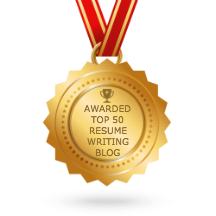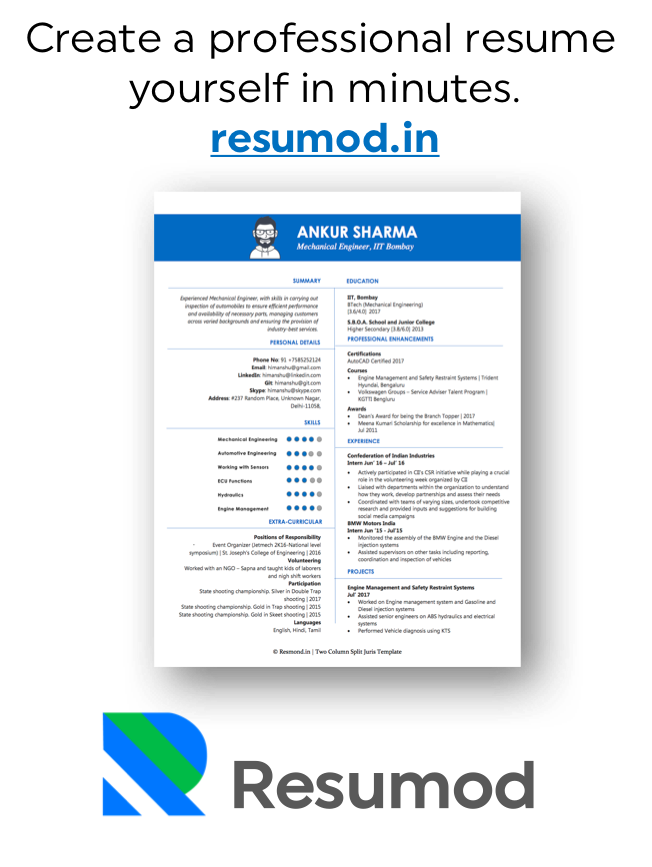When it comes to job applications, there’s often a lot of debate over what actually makes an impact on hiring managers. Is it a tailored resume? A solid LinkedIn profile? A strong network? While these elements are undeniably important, one often-overlooked piece of the puzzle is the cover letter. In a world where hiring managers spend an average of only 7 seconds reviewing resumes, a short, punchy cover letter can serve as a powerful complement that captures attention and provides a quick insight into who you are beyond your qualifications.
Yet, crafting a cover letter that’s both concise and compelling is easier said than done. The key lies in striking a balance between showing enthusiasm for the position and demonstrating value – all within a few short paragraphs. Below, we’ll dive into the importance of short cover letters, how to structure them, and provide some effective samples to inspire your next job application.
Why Short Cover Letters Work?
In a survey conducted, 90% of executives said that a cover letter is helpful when evaluating candidates. However, lengthy cover letters can be counterproductive; in the same survey, nearly half of the executives noted that a concise cover letter is preferable. Busy hiring managers appreciate brevity, especially when they are reviewing hundreds of applications.
A short cover letter allows you to make a memorable first impression without overwhelming the reader. It forces you to distil your pitch down to the essentials, leaving only what truly matters: your skills, your enthusiasm, and your fit for the role. The best short cover letters convey a candidate’s qualifications and passion in a way that is easy to read and impactful.
The Structure of an Effective Short Cover Letter
A short cover letter doesn’t need to be complicated. In fact, keeping it simple is often the most effective approach. Here’s a basic structure to follow:
- Introduction: Start with a warm greeting and a sentence or two about why you’re interested in the position.
- Value Proposition: Briefly highlight your key qualifications and what you bring to the role.
- Call to Action: Close with a strong statement of interest and an invitation for further discussion.
This streamlined approach keeps your cover letter focused and ensures that each sentence adds value.
Sample Short Cover Letters for Different Scenarios
Let’s explore some examples to see how you can apply this structure to different roles and industries.
Sample 1: Short Cover Letter for an Entry-Level Position
Example:
Dear Hiring Manager,
I am excited to apply for the Marketing Assistant position at [Company Name]. As a recent graduate with a degree in marketing and hands-on experience from internships with [Company A] and [Company B], I am eager to bring my strong analytical and creative skills to your team.
At [Company A], I assisted in executing social media campaigns that increased engagement by 30% within three months. I’m confident that my proactive approach and enthusiasm for digital marketing align well with [Company Name]’s goals.
Thank you for considering my application. I look forward to the opportunity to discuss how I can contribute to your marketing team.
Sincerely,
[Your Name]
Why This Works: This cover letter is direct and highlights relevant experience without unnecessary detail. It’s clear, focused, and communicates the candidate’s enthusiasm for the position.
Sample 2: Short Cover Letter for a Career Change
Example:
Dear [Hiring Manager’s Name],
I am thrilled to apply for the Project Coordinator role at [Company Name]. After six years in customer service, I am excited to transition into project management, where I can leverage my organizational skills and attention to detail to benefit your team.
In my previous role, I managed schedules, handled client inquiries, and collaborated with cross-functional teams to resolve issues promptly. I am confident that my skills in communication and problem-solving make me a strong fit for this position.
I would be grateful for the opportunity to discuss how my background and strengths align with [Company Name]’s goals.
Best regards,
[Your Name]
Why This Works: This cover letter clearly addresses the candidate’s career shift and quickly emphasizes relevant transferable skills. It reassures the hiring manager of the candidate’s capability to succeed in a new field.
Sample 3: Short Cover Letter for a Senior Position
Example:
Dear [Hiring Manager’s Name],
I am writing to express my interest in the Director of Operations position at [Company Name]. With over a decade of experience in operational management and a track record of driving efficiency improvements at [Previous Company], I am excited about the opportunity to bring my expertise to your team.
My recent success in reducing operational costs by 15% while increasing productivity by 20% has prepared me well to contribute meaningfully to [Company Name]. I am particularly drawn to your commitment to innovation, which aligns well with my passion for strategic growth.
I look forward to discussing how my experience can benefit [Company Name].
Sincerely,
[Your Name]
Why This Works: This cover letter provides a brief overview of the candidate’s accomplishments, tailored to the position’s requirements. It’s short, specific, and makes a strong case for the candidate’s suitability for a leadership role.
Sample 4: Short Cover Letter for a Remote Position
Example:
Hello [Hiring Manager’s Name],
I’m excited to apply for the Remote Content Writer role with [Company Name]. With five years of experience in digital content creation and SEO, I have honed the skills needed to produce engaging content that drives results.
My work at [Previous Company] consistently ranked in the top 10 search results, bringing a 40% increase in organic traffic over the past year. I am confident in my ability to deliver high-quality work in a remote setting, independently and collaboratively.
Thank you for considering my application. I would love to discuss how my skills can contribute to [Company Name]’s content goals.
Best,
[Your Name]
Why This Works: This letter highlights the candidate’s relevant remote work skills and success in producing measurable results, making it highly relevant for a remote position.
Quick Tips for Writing Your Own Short Cover Letter
Now that we’ve looked at some examples, here are a few tips to keep in mind when crafting your own short cover letter:
- Keep it concise: Aim for around 150-200 words. Anything longer might lose the reader’s interest.
- Focus on relevant achievements: Highlight skills and achievements that directly relate to the job.
- Show enthusiasm: Employers want to hire someone who is genuinely interested in the role and the company.
- Use the hiring manager’s name: Personalizing your cover letter shows that you’ve done your homework and adds a touch of professionalism.
- End with a strong call to action: Invite the reader to discuss your application further or express excitement about potential next steps.
Conclusion
A well-crafted, short cover letter can make a significant difference in your job search. While it might seem challenging to fit everything into a few short paragraphs, a concise cover letter allows you to make an impact without overwhelming the hiring manager. By focusing on your key strengths, aligning them with the role, and conveying genuine interest, you can create a cover letter that’s as effective as it is brief.
As job seekers increasingly compete for attention in a crowded job market, a short cover letter offers a unique opportunity to stand out. It respects the hiring manager’s time, showcases your qualifications, and leaves them wanting to know more. So, as you prepare for your next application, remember: sometimes less truly is more.


![Master Your Self Introduction: Tips for Senior Leadership Interviews [2025 Guide]](https://www.getsetresumes.com/blog/wp-content/uploads/2025/10/business-consultant-working-with-client-1140x660.jpg)

